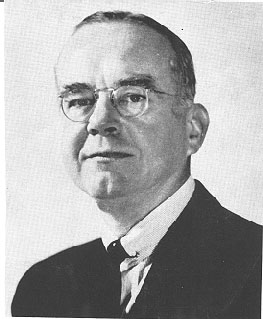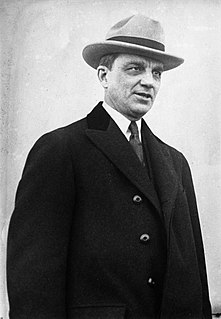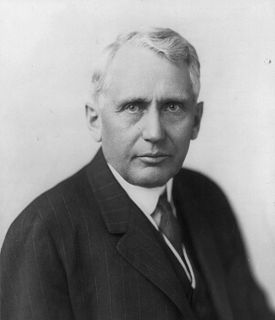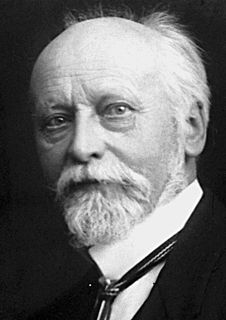A Quote by James Burnham
Armaments do not, generally speaking, cause wars. This notion, the logical crux of all arguments in favor of disarmament, turns the causal relationship upside down. Actually, it is wars, or conflicts threatening war, that cause armaments, not the reverse.
Related Quotes
There are no good wars or bad wars. The only thing bad about a war is
to lose it. All wars have been fought for a so-called good Cause on both
sides. But only the victor's Cause becomes history's Noble Cause. It's not a
matter of who is right or who is wrong, it's a matter of who has the best
generals and the better army!
People, and not only Americans, are losing their sons, husbands, brothers, and fathers for no other reason than the profits of US armaments corporations, and the gullible American people seem proud of it. Those ribbon decals on their cars, SUVs and monster trucks proclaim their naive loyalty to the armaments industries and to the whores in Washington who promote wars.
All American wars (except the Civil War) have been fought with the odds overwhelmingly in favor of the Americans. In the history of armed combat such affairs as the Mexican and Spanish-American Wars must be ranked, not as wars at all, but as organized assassinations. In the two World Wars, no American faced a bullet until his adversaries had been worn down by years of fighting others.
But, like all metaphoric wars, the copyright wars are not actual conflicts of survival. Or at least, they are not conflicts for survival of a people or a society, even if they are wars of survival for certain businesses or, more accurately, business models. Thus we must keep i mind the other values or objectives that might also be affected by this war. We must make sure this war doesn't cost more than it is worth. We must be sure it is winnable, or winnable at a price we're willing to pay.
We wake up to find the whole world building competitive trade barriers, just as we found it a few years ago building competitive armaments. We are trying to reduce armaments to preserve the world's solvency. We shall have to reduce competitive trade barriers to preserve the world's sanity. As between the two, trade barriers are more destructive than armaments and more threatening to the peace of the world.
A program of "disarmament," while imperialist antagonisms survive, is the most pernicious of fictions. Even if it were realized by way of general agreement - an obviously fantastic assumption!- that would by no means prevent a new war. The imperialists do not make war because there are armaments; on the contrary, they forge arms when they need to fight.
The Thirty Years' War, 1618-1648, was a series of conflicts that became the last great struggle of religious wars in Europe. It was fought almost exclusively on German soil...but before the war ended, it involved most of the nations of Europe. The underlying cause of the war was the deep-seated hostility between the German Protestants and German Catholics - with the Jesuits and Cardinal Richelieu, who was the real ruler of France, fanning the fires to accomplish their ends.


































